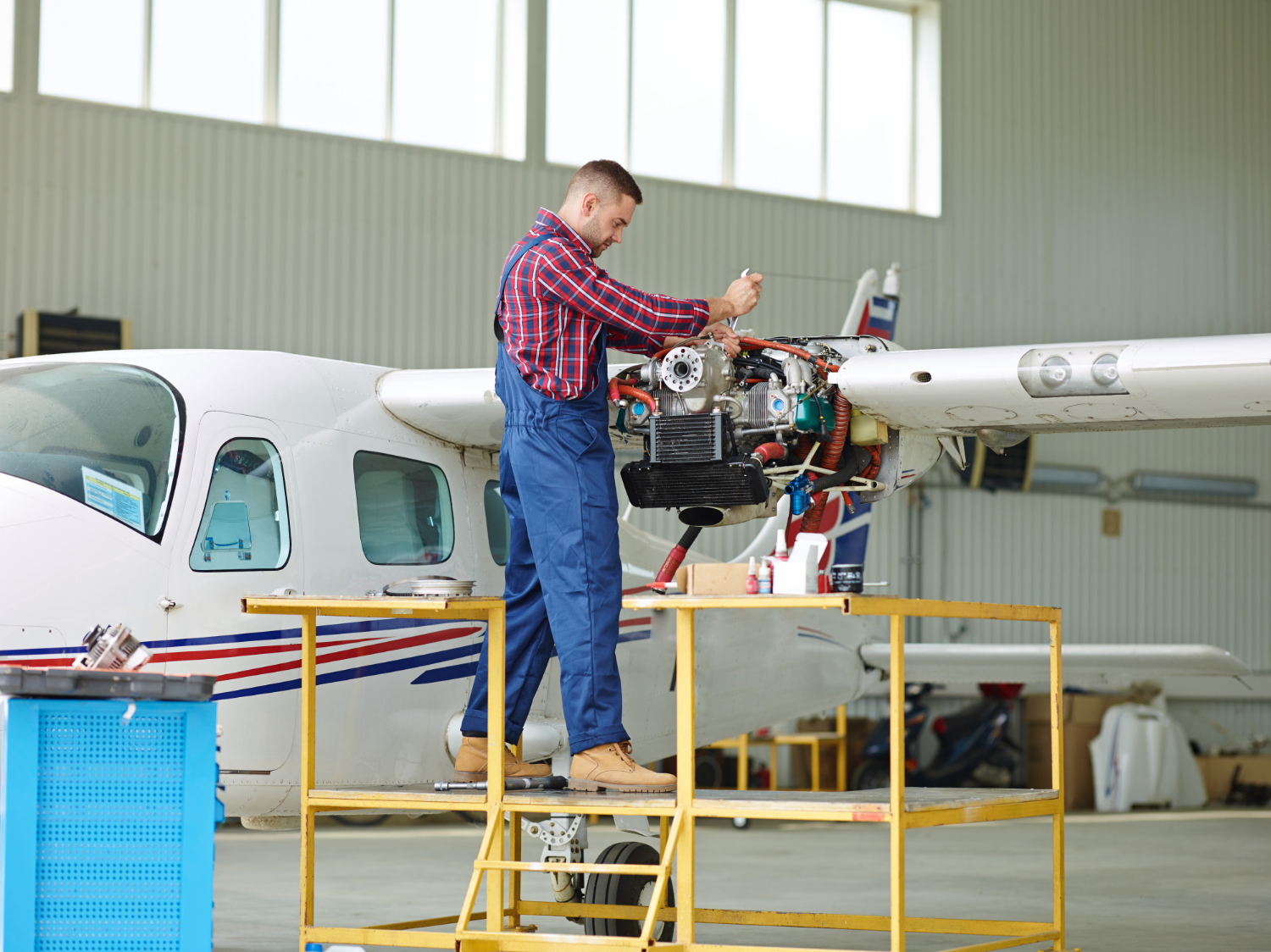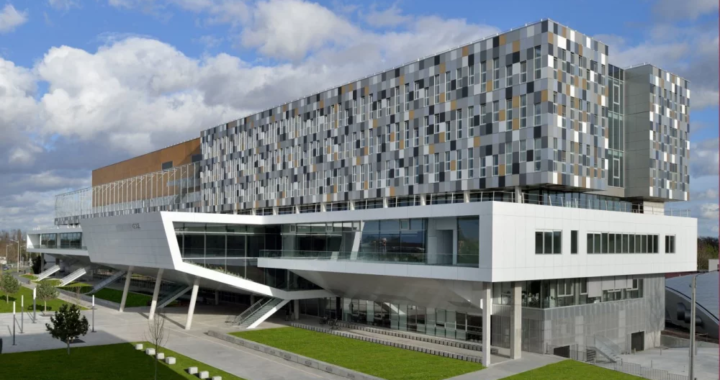Have you ever dreamt of designing the next generation of spacecraft or pioneering innovations that push the boundaries of flight? If so, an aerospace engineering degree might be a good fit for you. This exciting field merges the wonders of space exploration with the thrill of aeronautical design. But where do you begin your journey towards becoming a future aerospace engineer? This guide tells the Top 10 Best Aerospace Engineering Universities in the World, equipping you with the knowledge to choose the ideal colleges and take your dream journey.
Top 10 Best Aerospace Engineering Universities in the World
1. Massachusetts Institute of Technology (MIT)
MIT’s Department of Aeronautics and Astronautics is world-renowned for its cutting-edge research and innovative approach to aerospace engineering. The program offers students state-of-the-art facilities, including wind tunnels, propulsion labs, and a flight simulator. MIT’s curriculum emphasizes hands-on learning and interdisciplinary collaboration, preparing students for leadership roles in both aeronautics and astronautics. The institute’s close ties with industry leaders and government agencies provide students with unparalleled internships and research projects opportunities.
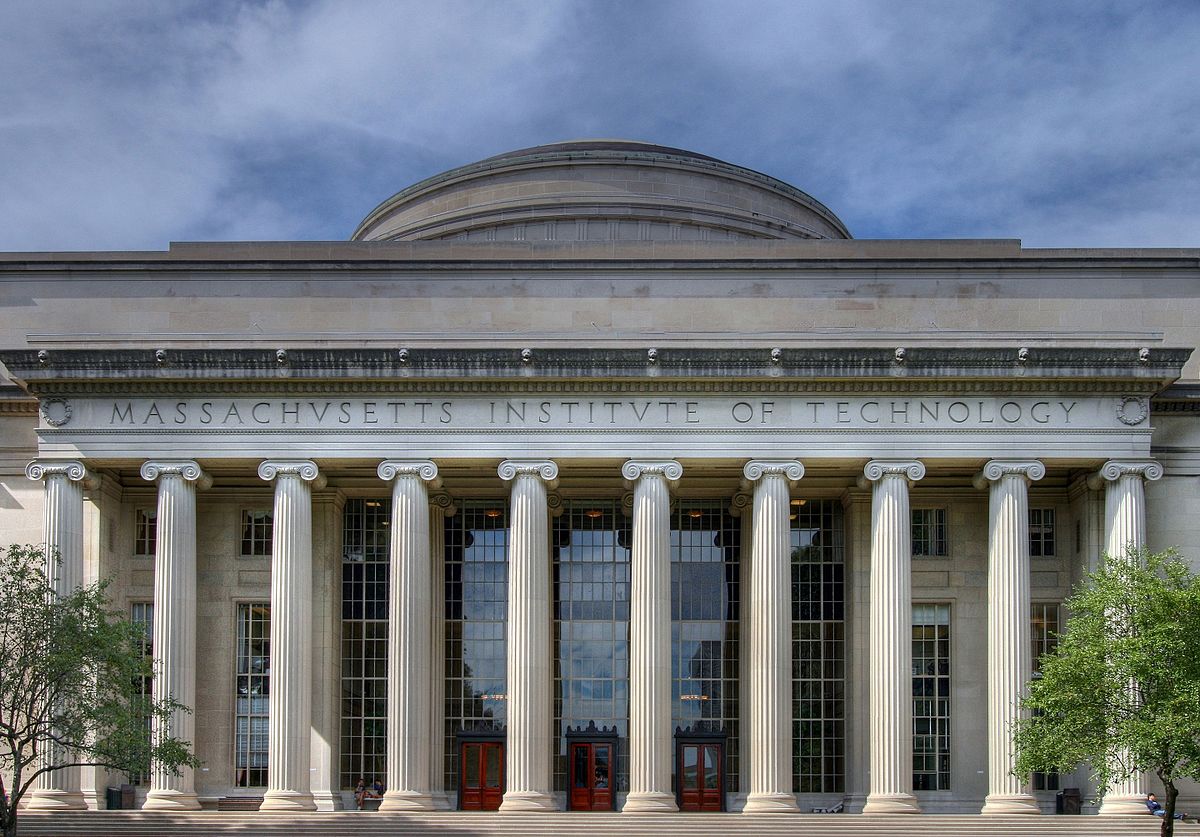
| Fact | Detail |
|---|---|
| Average GRE Score | Typically very high, but no official average published |
| Average GPA | Not publicly disclosed |
| Tuition Fee | $55,878 per year (2023-2024) |
| Average Starting Salary | $95,000 per year (for aerospace engineering graduates) |
| Acceptance Rate | ~7% (for graduate engineering programs) |
| Program Duration | 2 years (SM degree) |
| Notable Alumni | Buzz Aldrin, Kofi Annan, Richard Feynman |
2. Stanford University
Stanford’s Aeronautics and Astronautics program is known for its interdisciplinary approach, combining traditional Best Aerospace Engineering Universities in the World with cutting-edge fields like autonomous systems and sustainable aviation. The program benefits from Stanford’s location in Silicon Valley, offering students unique opportunities to engage with tech giants and aerospace startups. Stanford’s curriculum emphasizes theoretical knowledge and practical application, strongly focusing on entrepreneurship and innovation in the aerospace sector.

| Fact | Detail |
|---|---|
| Average GRE Score | Typically 160+ on Verbal, 165+ on Quantitative |
| Average GPA | Not publicly disclosed, but very competitive |
| Tuition Fee | $55,473 per year (2023-2024) |
| Average Starting Salary | ~$90,000 per year (for engineering graduates) |
| Acceptance Rate | ~5% (for graduate engineering programs) |
| Program Duration | 1.5-2 years (MS degree) |
| Notable Alumni | Sally Ride, Sergey Brin, William Hewlett |
3. California Institute of Technology (Caltech)
Caltech’s Aerospace program is distinguished by its intimate learning environment and intensive research focus. The program benefits from Caltech’s close association with NASA’s Jet Propulsion Laboratory, offering students unique opportunities to work on space exploration projects. Caltech’s curriculum is rigorous and comprehensive, covering everything from fluid mechanics to space structures, particularly emphasizing space technology and robotics.
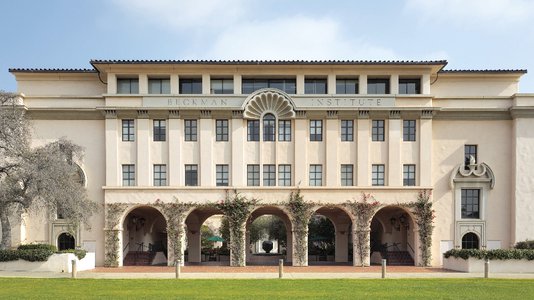
| Fact | Detail |
|---|---|
| Average GRE Score | Typically very high, but no official average published |
| Average GPA | Not publicly disclosed |
| Tuition Fee | $57,291 per year (2023-2024) |
| Average Starting Salary | ~$95,000 per year (for engineering graduates) |
| Acceptance Rate | ~10% (for graduate programs) |
| Program Duration | 2 years (MS degree) |
| Notable Alumni | Frank Borman, Harrison Schmitt, Charles Elachi |
4. Georgia Institute of Technology (Georgia Tech)
Georgia Tech’s School of Aerospace Engineering is one of the largest and most highly ranked Best Aerospace Engineering Universities in the World. Known for its comprehensive curriculum and strong industry connections, Georgia Tech offers students exposure to a wide range of aerospace disciplines. The program is particularly noted for its research in aerodynamics, propulsion, and structures, with state-of-the-art facilities, including wind tunnels and flight simulators.

| Fact | Detail |
|---|---|
| Average GRE Score | 162 Quantitative, 156 Verbal (median) |
| Average GPA | 3.7 (median for admitted students) |
| Tuition Fee | $31,464 per year (out-of-state, 2023-2024) |
| Average Starting Salary | $80,000 per year (for aerospace engineering graduates) |
| Acceptance Rate | ~20% (for graduate aerospace engineering) |
| Program Duration | 1.5-2 years (MS degree) |
| Notable Alumni | John Young, Daniel Guggenheim, Alan Shepard |
5. University of Michigan – Ann Arbor
The University of Michigan’s Aerospace Engineering Department is renowned for its comprehensive curriculum and extensive research programs. With strong ties to the aerospace and automotive industries, Michigan offers a unique perspective on transportation technologies. The program is known for its excellent facilities, including numerous wind tunnels and a flight dynamics and control laboratory.

| Fact | Detail |
|---|---|
| Average GRE Score | 165+ Quantitative, 158+ Verbal (recommended) |
| Average GPA | 3.6+ (recommended for competitive applicants) |
| Tuition Fee | $53,864 per year (out-of-state, 2023-2024) |
| Average Starting Salary | $85,000 per year (for aerospace engineering graduates) |
| Acceptance Rate | ~25% (for graduate engineering programs) |
| Program Duration | 2 years (MS degree) |
| Notable Alumni | Larry Page, James Earl Jones, Charles Lindbergh |
6. Purdue University
Purdue’s School of Aeronautics and Astronautics is one of the top-ranked programs in the United States, known for its rigorous curriculum and extensive research opportunities. The program offers various specializations, from aerodynamics to aerospace systems design. Purdue’s strong connections with NASA and major aerospace companies provide students with excellent internship and career opportunities.
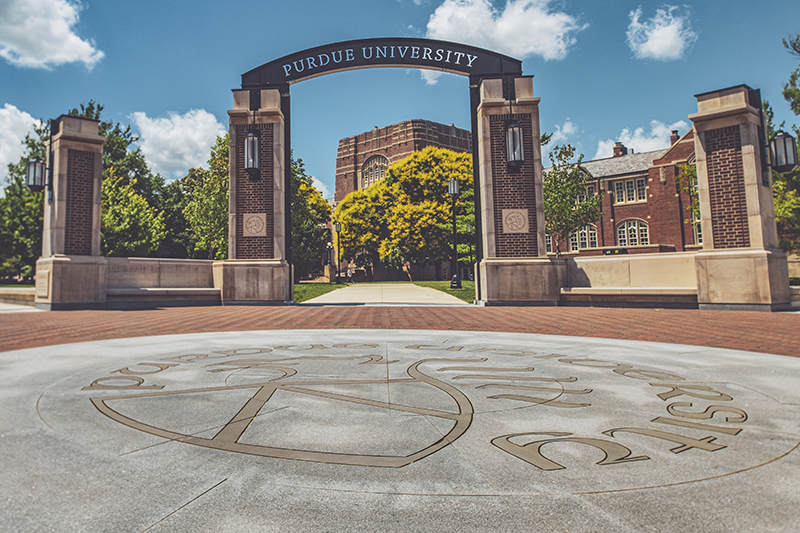
| Fact | Detail |
|---|---|
| Average GRE Score | 161 Quantitative, 154 Verbal (median) |
| Average GPA | 3.6 (median for admitted students) |
| Tuition Fee | $30,710 per year (out-of-state, 2023-2024) |
| Average Starting Salary | $78,000 per year (for aerospace engineering graduates) |
| Acceptance Rate | ~30% (for graduate engineering programs) |
| Program Duration | 1-2 years (MS degree) |
| Notable Alumni | Neil Armstrong, Eugene Cernan, Gus Grissom |
7. University of Cambridge
The Department of Engineering at Cambridge offers a world-class aerospace engineering program that combines centuries of academic excellence with cutting-edge research. The program is known for its rigorous theoretical foundation and emphasis on practical engineering skills. Cambridge’s strong links with European aerospace companies give students unique international perspectives and opportunities.

| Fact | Detail |
|---|---|
| Average GRE Score | Not required for most applicants |
| Average GPA | Equivalent to a UK First Class or high Upper Second Class honors degree |
| Tuition Fee | £33,825 per year (overseas students, 2023-2024) |
| Average Starting Salary | £35,000 per year (for engineering graduates in the UK) |
| Acceptance Rate | ~15% (for graduate engineering programs) |
| Program Duration | 1 year (MPhil) or 3-4 years (PhD) |
| Notable Alumni | Isaac Newton, Stephen Hawking, Charles Babbage |
8. Imperial College London
Imperial’s Department of Aeronautics offers a comprehensive and highly regarded aerospace engineering program. Known for its strong research focus and industry connections, Imperial provides students with a blend of theoretical knowledge and practical skills. The program benefits from its location in London, offering access to a global aerospace innovation hub.

| Fact | Detail |
|---|---|
| Average GRE Score | Not typically required |
| Average GPA | UK First Class or high Upper Second Class honors degree equivalent |
| Tuition Fee | £36,100 per year (overseas students, 2023-2024) |
| Average Starting Salary | £33,000 per year (for engineering graduates in the UK) |
| Acceptance Rate | ~20% (for postgraduate programs) |
| Program Duration | 1 year (MSc) |
| Notable Alumni | H.G. Wells, Alexander Fleming, Brian May |
9. Delft University of Technology
TU Delft’s Faculty of Aerospace Engineering is one of Europe’s largest and most comprehensive. The program is known for its innovative approach to aerospace education, combining traditional engineering principles with cutting-edge technology. TU Delft’s strong ties with European aerospace companies and research institutions provide students with excellent internships and research collaborations opportunities.
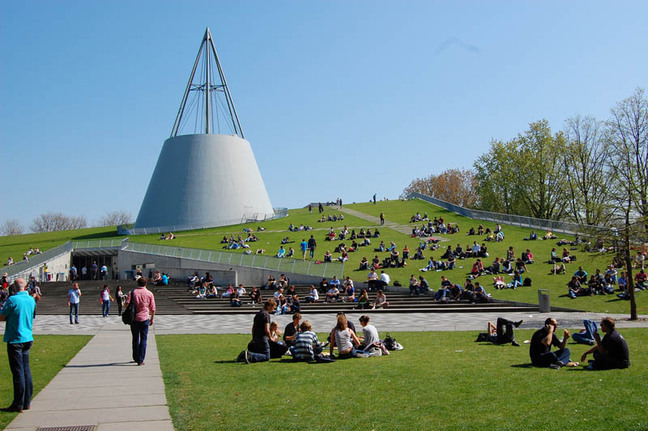
| Fact | Detail |
|---|---|
| Average GRE Score | Not required |
| Average GPA | 75% or higher on the Dutch grading scale (or equivalent) |
| Tuition Fee | €20,736 per year (non-EU/EFTA students, 2023-2024) |
| Average Starting Salary | €40,000 per year (for engineering graduates in the Netherlands) |
| Acceptance Rate | ~30% (for international students) |
| Program Duration | 2 years (MSc) |
| Notable Alumni | Lodewijk van den Berg, Wubbo Ockels |
10. University of Tokyo
The University of Tokyo’s Department of Aeronautics and Astronautics is one of the leading aerospace programs in Asia. Known for its rigorous curriculum and cutting-edge research, the program offers students exposure to traditional aerospace engineering and emerging fields like space exploration and satellite technology. The university’s strong connections with Japan’s aerospace industry provide excellent research and career development opportunities.

| Fact | Detail |
|---|---|
| Average GRE Score | Not typically required |
| Average GPA | Equivalent to 3.0 or higher on a 4.0 scale |
| Tuition Fee | ¥535,800 per year (2023-2024) |
| Average Starting Salary | ¥4,000,000 per year (for engineering graduates in Japan) |
| Acceptance Rate | ~30% (for international graduate students) |
| Program Duration | 2 years (Master’s degree) |
| Notable Alumni | Shinzo Abe, Yoichiro Nambu, Yasuhiro Nakasone |
Top Factors to Consider When Choosing Colleges that Have Aeronautical Engineering
When evaluating Best Aerospace Engineering Universities in the World programs, keep these crucial factors in mind:
1. Academic Excellence
- Look at program rankings in global indexes like QS World University Rankings (e.g., MIT at #13).
- Consider faculty expertise and research output (publications, citations) – are they at the forefront of the field?
- Do they offer hands-on research projects that are crucial for practical experience?
2. Industry Reputation
- Strong partnerships with leading aerospace companies like Boeing, Airbus, and NASA (e.g., Stanford)
- Internship programs with industry leaders provide real-world experience.
- High career placement rates for graduates show the program’s value to employers.
Here’s a quick comparison of these factors for some top universities:
| University | Global Ranking (QS 2023) | Research Output (H-index) | Industry Partnerships |
|---|---|---|---|
| MIT | 1 | 339 | Boeing, Airbus, NASA |
| Stanford | 3 | 357 | Lockheed Martin, SpaceX |
| Caltech | 6 | 299 | JPL, Northrop Grumman |
3. Program Offerings
- Explore the range of specializations available (e.g., aerodynamics, propulsion, spacecraft design).
- Ensure the program aligns with your interests (e.g., space exploration vs. commercial aviation).
- Are there opportunities for interdisciplinary studies, like combining engineering with physics or computer science?
Frustrated with Generic College Lists from AI Tools?
Get a tailored college shortlist crafted by study abroad experts who understand YOUR goals, profile, and aspirations.

4. Cost and Financial Aid
- Tuition fees can vary significantly (e.g., MIT: $55,878 vs. Caltech: $57,291).
- For a realistic budget picture, factor in living expenses (e.g., Stanford: $24,000).
- Explore scholarship and grant opportunities to offset costs, especially for international students.
Financial considerations are crucial for international students. Here’s a comparison of annual costs for top Aerospace Engineering programs:
| University | Annual Tuition (USD) | Estimated Living Expenses (USD) |
|---|---|---|
| MIT | $55,878 | $21,000 |
| Stanford | $55,473 | $24,000 |
| Caltech | $57,291 | $20,000 |
(Note: Data sourced from university websites for the 2023-2024 academic year)
5. Campus Life and Location
- Modern research facilities are essential for cutting-edge learning.
- A vibrant campus life with relevant student organizations fosters a supportive environment.
- Proximity to aerospace industry hubs can provide valuable networking opportunities.
FAQs for Best Aerospace Engineering Universities in the World
Conclusion
Pursuing a degree in Aerospace Engineering from a top university can launch your career to new heights. Every institution offers world-class education, extra facilities, and strong industry connections. However, the “best” choice depends on your goals, interests, and circumstances. Consider factors such as program specializations, location, costs, and career support when deciding. Remember that success in this field requires a strong academic foundation, passion, creativity, and adaptability. Your dedication and the right educational foundation can provide you towards a rewarding career at the forefront of technological innovation.

